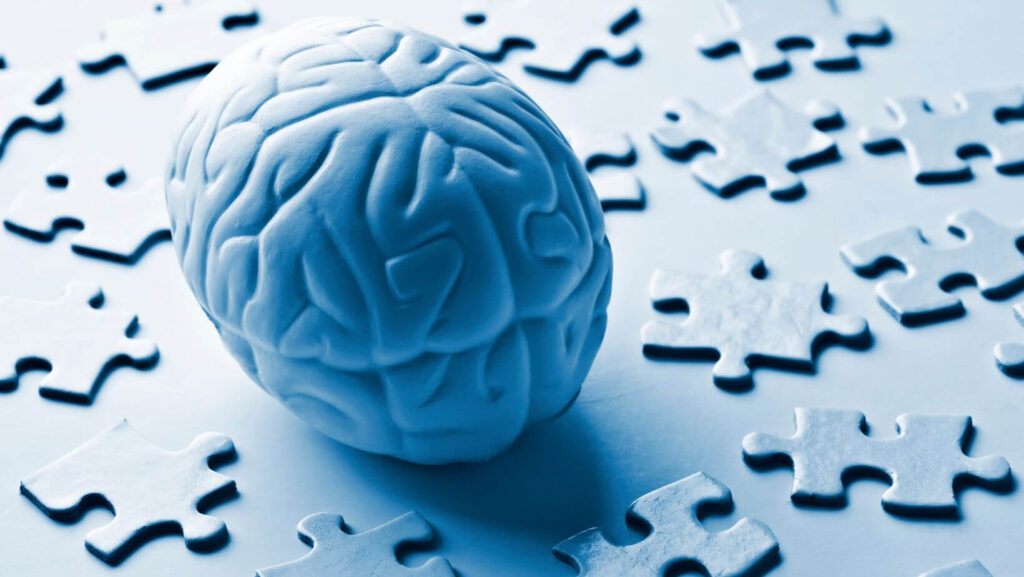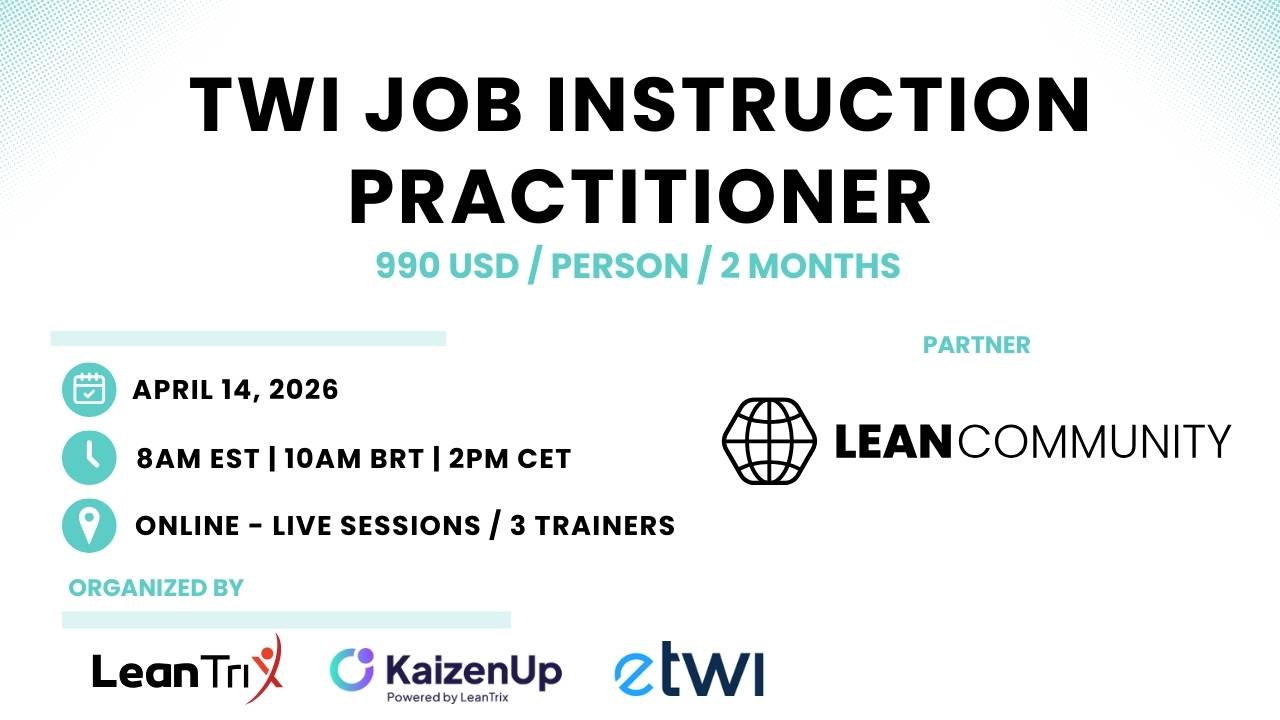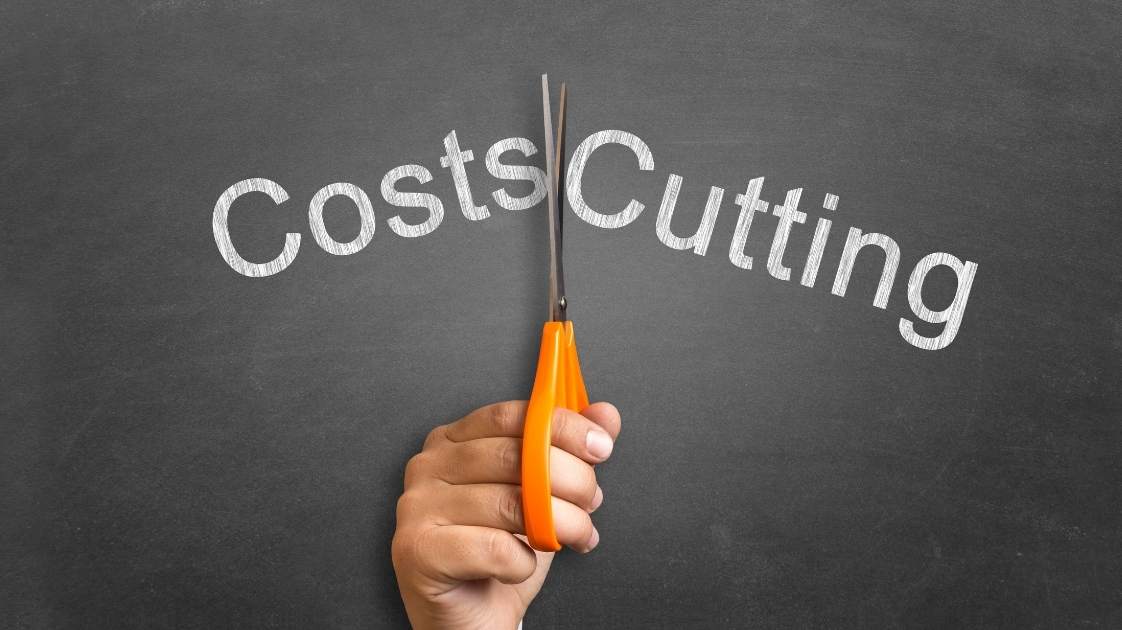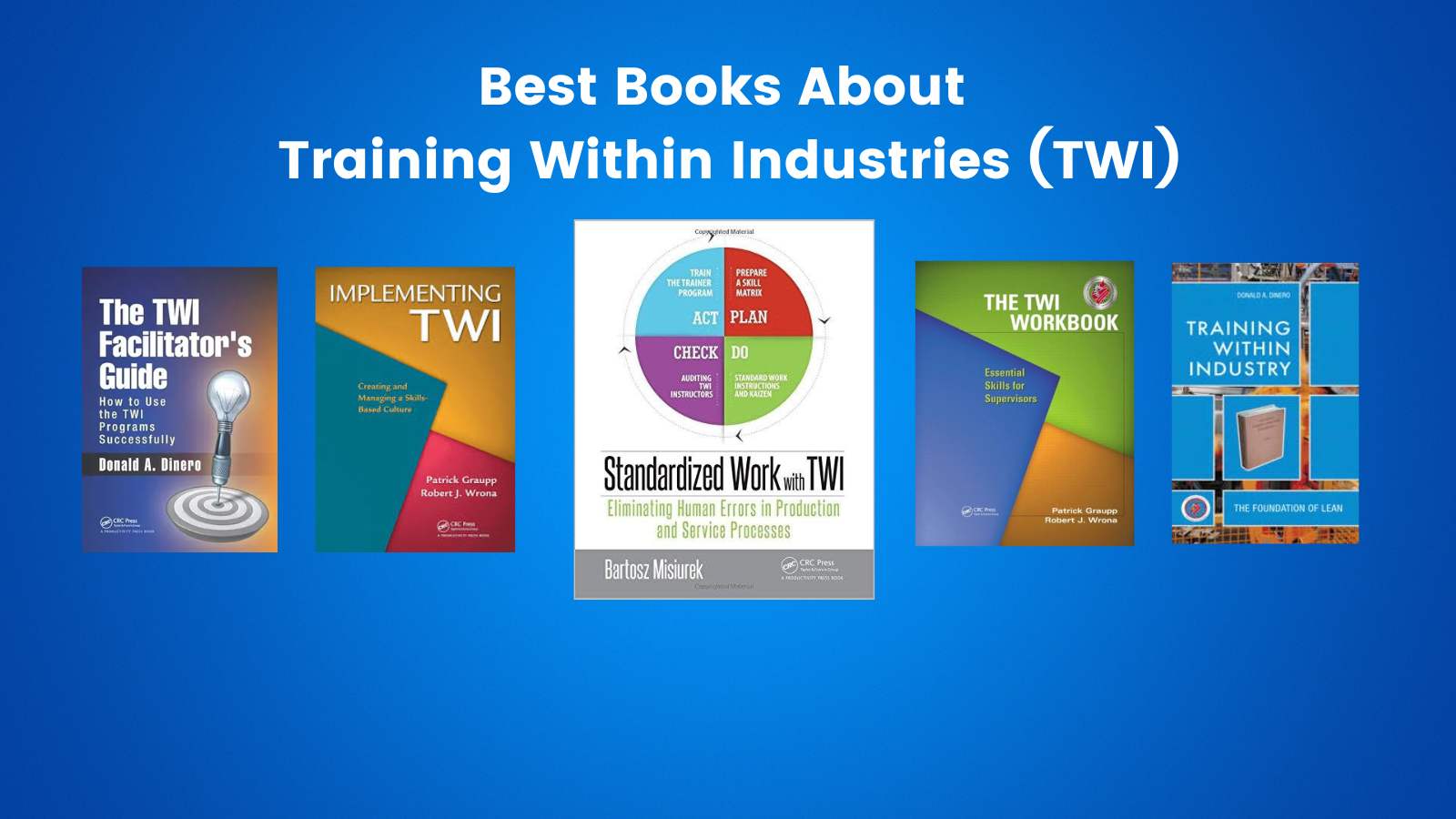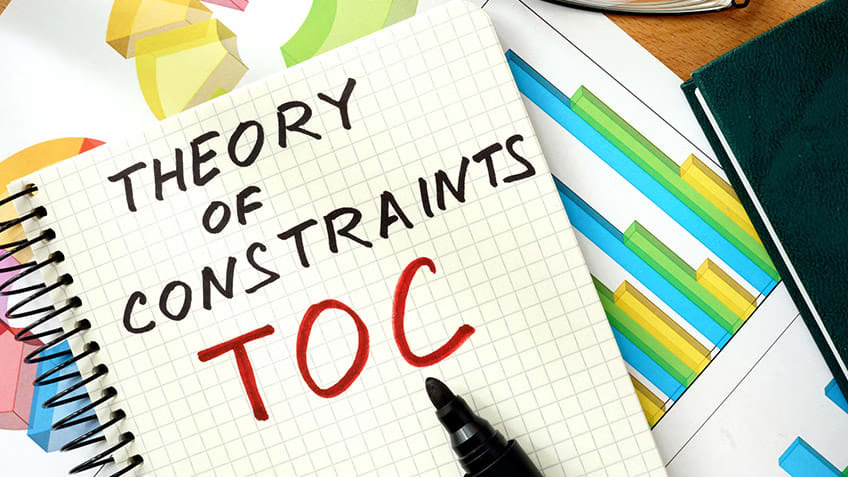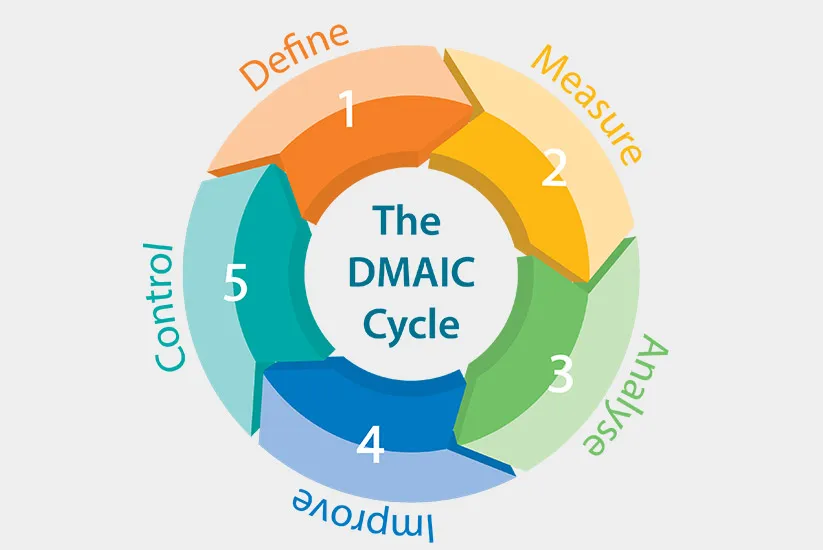Critical thinking – a practical guide. Trigger Mind, together with the team, is embarking on an innovative journey by developing cards focused on enhancing critical thinking skills. Recognizing the importance of this cognitive ability in today’s complex and information-saturated world, I approached them for a succinct introduction to the concept.
Table of Contents
ToggleDefining Critical Thinking
What is critical thinking?
- It is the skilled and active interpretation and evaluation of what we observe, communications, information, and arguments (Michael Scriven)
- It is a rational way of approaching reality
- It involves reflections and analyses that accompany decision-making and problem-solving
- It is based on logical and cautious reasoning and is a purposeful thought process guided by valid evidence
- It is the objective analysis and evaluation of an issue in order to form a judgment
- It is the process of assessing the truthfulness and value of information and opinions in a systematic, intentional, and effective manner
- Critical thinking is “thinking about thinking”, conscious reflection on how one thinks, how these processes unfold, what is taken into account, performing “reconsideration”.
Applying Critical Thinking in Everyday Life
In practice, critical thinking means that:
- We do not believe everything we read or hear
- We ask questions before forming an opinion
- We differentiate facts from evaluations, opinions
- We are alert to manipulation
- We opt to be guided by reason instead of emotions
- In making decisions, we consider different options and the consequences of the decisions
- We think logically
- Too often we assume, and too rarely do we ask questions. And critical thinking is the continuous judgment of one’s own ways of forming opinions about the world.
Becoming Homo Criticus
How to be Homo Criticus?
- Be a researcher – collect evidence, ask questions, look for options and confirmation, recognize and identify problems
- Take time – to understand and formulate the problem
- Be aware – be aware of common biases and cognitive errors
- Be thorough – thoroughly check your assumptions
- Test – test the logic confirming conclusions
- Be open – maintain an open mind and be inquisitive and open to learning
- Apply previously acquired knowledge in new situations
- Take intellectual risks
- Cultivate curiosity about the world and people
- Think independently
In Conclusion
The journey towards becoming an effective critical thinker is both challenging and rewarding. By understanding the foundational elements, applying them in our daily lives, and striving to embody the principles of Homo Criticus, we empower ourselves to navigate the complexities of the modern world with discernment and wisdom.
Dr. Iwona Burka holds a Ph.D. in Economics and has carved a distinguished career as a business trainer, researcher, adviser, and university lecturer. Celebrated for her contribution to various papers on management systems, she's also co-authored the seminal book, "Lean Service in theory and practice". With years immersed in the real-world implementation of management systems, Dr. Burka excels at simplifying complexities and excess. She fervently champions the optimization of organizational processes using the Lean approach combined with the Kaizen philosophy.
